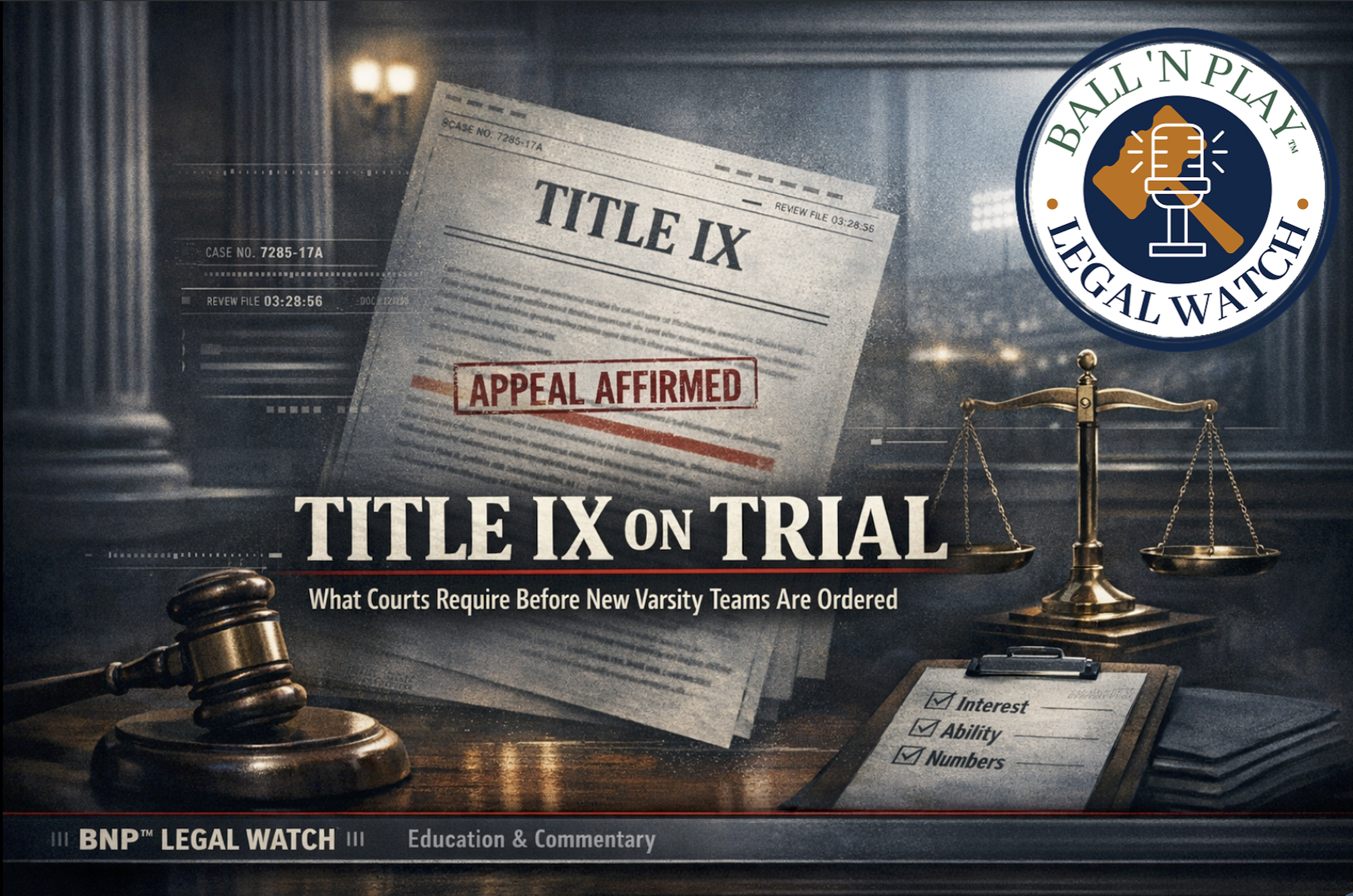
Title IX “Surveys Are Not Tryouts” — Niblock v. Kentucky
A Sixth Circuit Title IX decision that every athletic department—and every advocate—should read. The headline: “Surveys are not tryouts.”
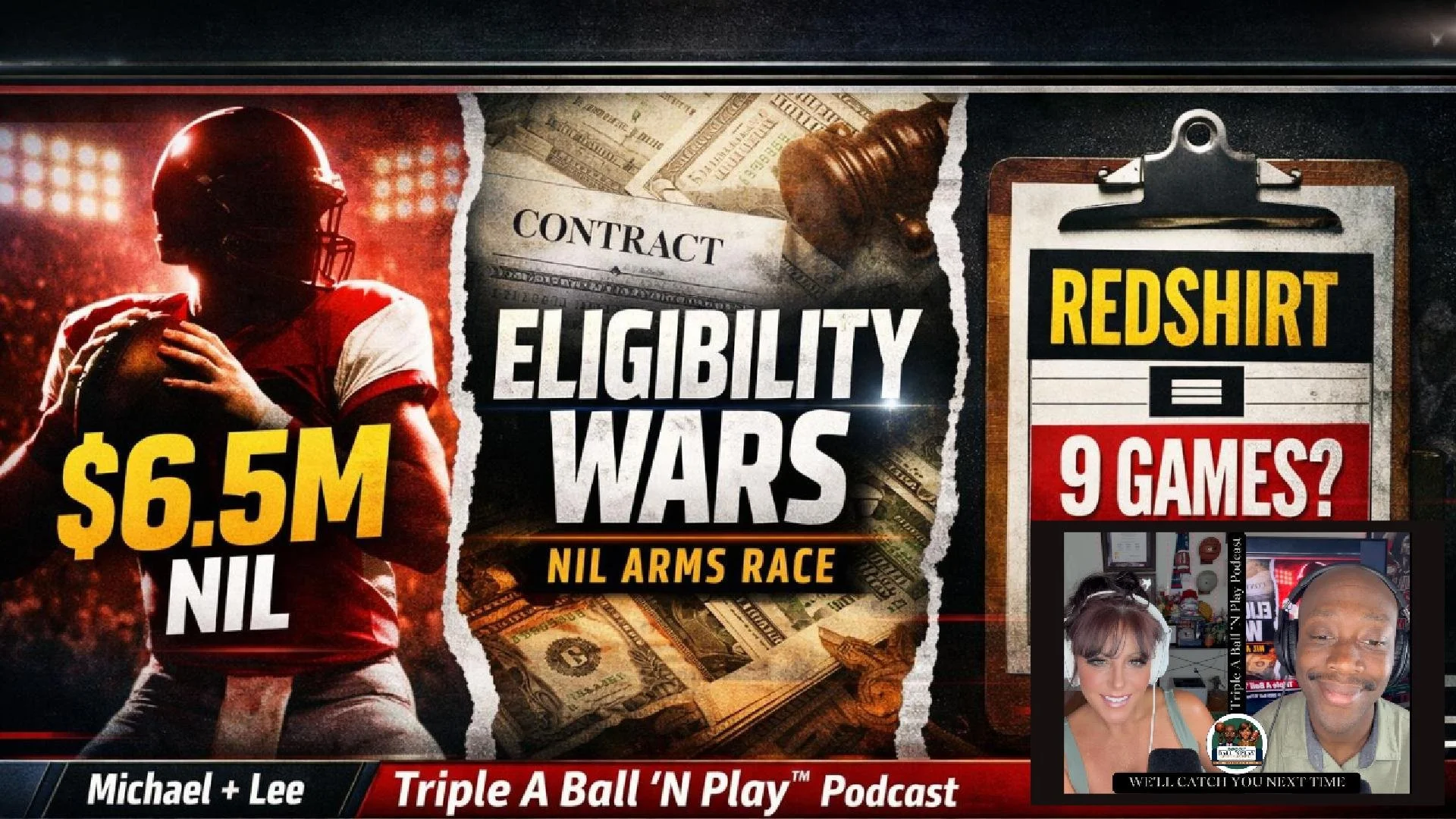
The Portal Window Closed — But College Football Roster Chaos Isn’t Over
The January 2–16 transfer portal window is closed, but roster chaos continues. Entries are down 23%—still over 3,000 players, with 3,200+ scholarship moves and 1,200+ unsigned.

The CSC Participation Agreement: An Institutional Surrender of Sovereignty & the Bureaucratic Overreach of the New College Sports Commission
EXECUTIVE SUMMARY
In the wake of the House v. NCAA settlement, the "Power Four" conferences have birthed a new enforcement entity: the College Sports Commission (CSC). Ostensibly designed to regulate Name, Image, and Likeness (NIL) markets and revenue sharing, the CSC has issued an 11-page "University Participation Agreement."
This “Participation Agreement” is not merely a regulatory framework; it is a capitulation. It demands that collegiate institutions sign away fundamental legal rights, submit to an unelected centralized authority, and police their own boosters and student-athletes as agents of this new bureaucracy. It represents a stunning consolidation of power that violates the spirit of American federalism, due process, and free enterprise.

🏛 THE NEW PLAYING FIELD | How college athletes took the NCAA to court and fundamentally rewrote the rules of college sports.
College and high-school athletes are increasingly turning to the courts to challenge NCAA rules and secure their rights to play and profit from their talent, thanks to new NIL regulations. Recent victories, like those in Ohio and the Pavia case, show courts are crucial in changing the landscape of amateur sports, even though outcomes remain unpredictable. Today, the law is actively shaping the future of athletics at every level.

The Demise of Student Athlete NIL: A Case Study in the Fragility of Third-Party Collectives
On October 2, 2025, Sports Business Journal reported that Student Athlete NIL (SANIL), one of the nation’s largest operators of third-party “collectives,” will cease operations (Sports Business Journal, 2025). This announcement is emblematic of the turbulence reshaping the NIL marketplace in the wake of the House v. NCAA settlement and the formalization of revenue-sharing mechanisms between institutions and athletes.

NIL Revenue Sharing — The $20 Million Shift
Summary: This blog examines the evolving landscape of college athlete compensation following the introduction of Name, Image, and Likeness (NIL) rights and the House v. NCAA settlement, which now allows schools to share millions in revenue with athletes. While payments are largely concentrated in high-profile sports, the shift creates significant financial, transparency, and legal challenges for athletic departments, especially regarding revenue generation, equity, and compliance with Title IX.
Watch Michael’s Fast Break here: https://youtube.com/shorts/sI5NImvd8Ik?feature=share
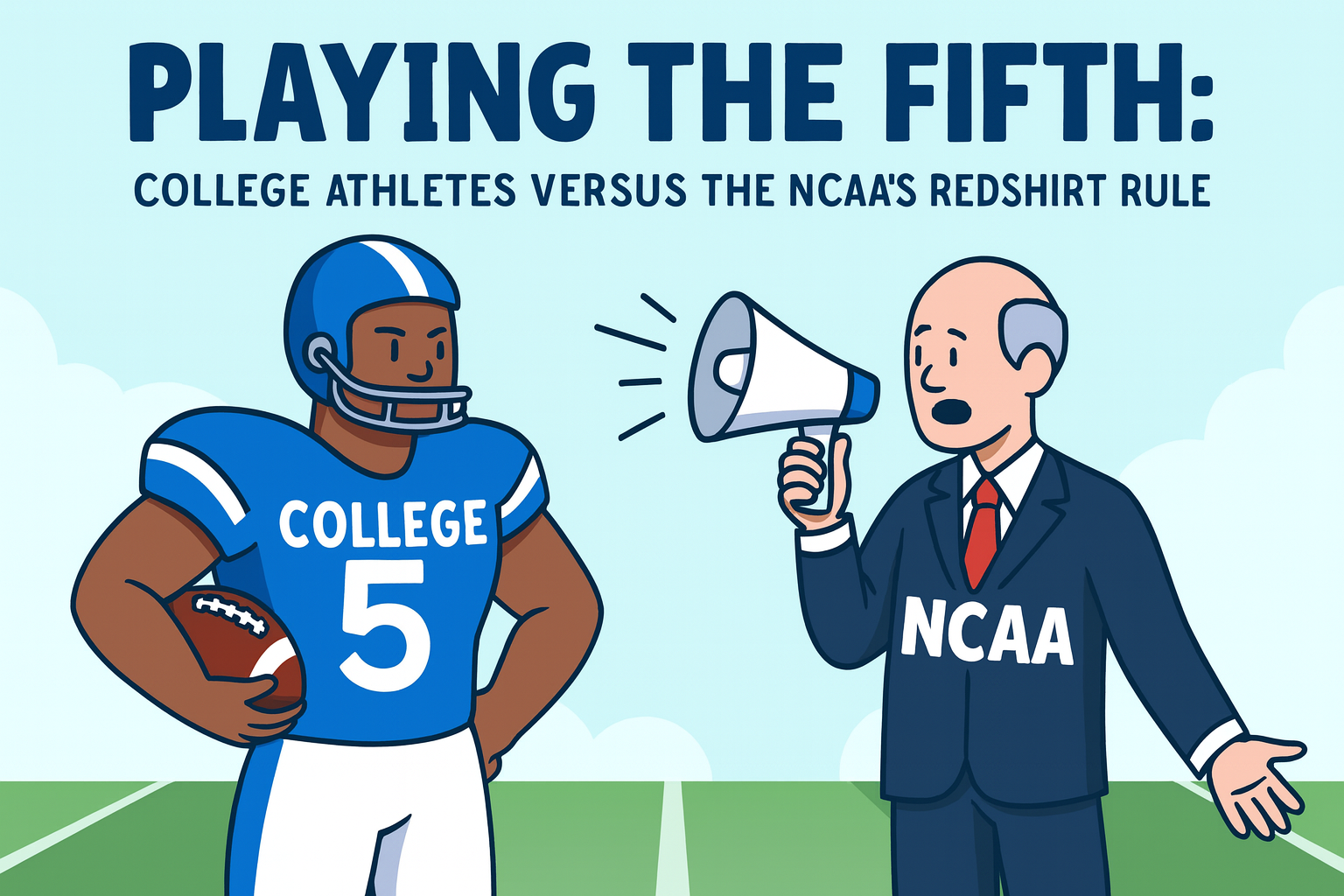
Playing the Fifth: College Athletes versus the NCAA’s Redshirt Rule
Summary
A group of college athletes has filed a class-action lawsuit against the NCAA’s redshirt rule, arguing that the limitation of four years of competition within a five-year eligibility window violates antitrust law and restricts their ability to earn income from Name, Image, and Likeness (NIL) deals. The athletes advocate for “five years to practice, five years to graduate, five years to play,” emphasizing the lost opportunities caused by the current rule. Previous lawsuits and involvement from the Department of Justice highlight growing legal pressure on the NCAA’s control over athlete eligibility and compensation. This legal battle reflects a broader movement to reform longstanding amateurism rules in college sports and ensure athletes have fair access to both competition and earning potential.
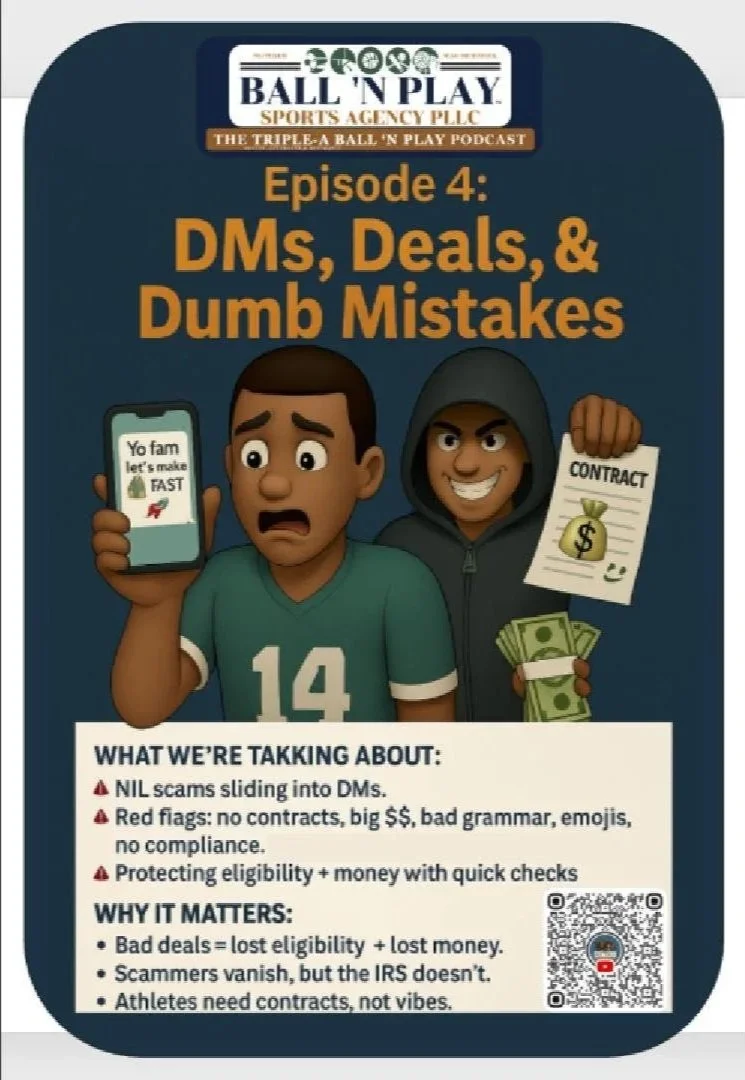
Episode 4: DMs, Deals, & Dumb Mistakes
Athletes — don’t get scammed in the NIL era. In Episode 4, Michael and Lee expose fake agents, shady DMs, and bad deals that can wreck your eligibility and your money. Learn the red flags, what a real contract looks like, and how to protect your NIL future.

When Coaches Pack Their Bags: The NIL Ripple That’s Hitting College Dugouts and Sidelines
Image Copyright https://www.gettyimages.com/detail/news-photo/head-coach-jim-harbaugh-of-the-michigan-wolverines-receives-news-photo/1918691978
The rise of Name, Image, and Likeness (NIL) deals has disrupted college sports, making coaches as mobile as athletes and triggering a wave of defections to professional leagues. Tradition and loyalty no longer guarantee stability, as coaches seek relief from NIL chaos, recruitment pressures, and booster politics. This volatility affects athletes and families, who must now consider not just coaches but the entire structure and culture of a program. In the NIL era, adaptability is essential for both players and coaches, as change is the only certainty in college athletics.
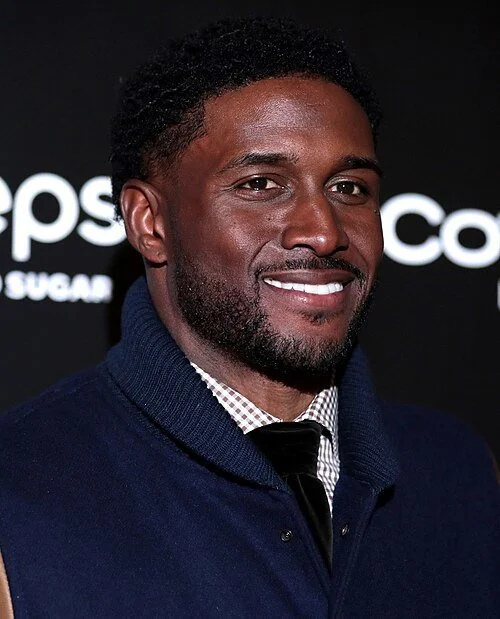
Here’s Why Reggie Bush’s Case Is Your Contract Wake-Up Call
Reggie Bush’s attorney spent Friday in a Los Angeles courtroom asking a judge to rethink a tentative ruling that would kick parts of Bush’s NIL lawsuit to the curb. Translation: his team is arguing, among other things, that Bush didn’t sign his rights away—and that it’s not too late to hold the NCAA, USC, and the Pac-12 accountable for using his name, image, and likeness without paying him. The judge has signaled the claims may be time-barred (lawyer-speak for “you missed the filing deadline”), but is considering final dismissal requests before issuing a ruling. (Bloomberg Law, MyNewsLA.com)
